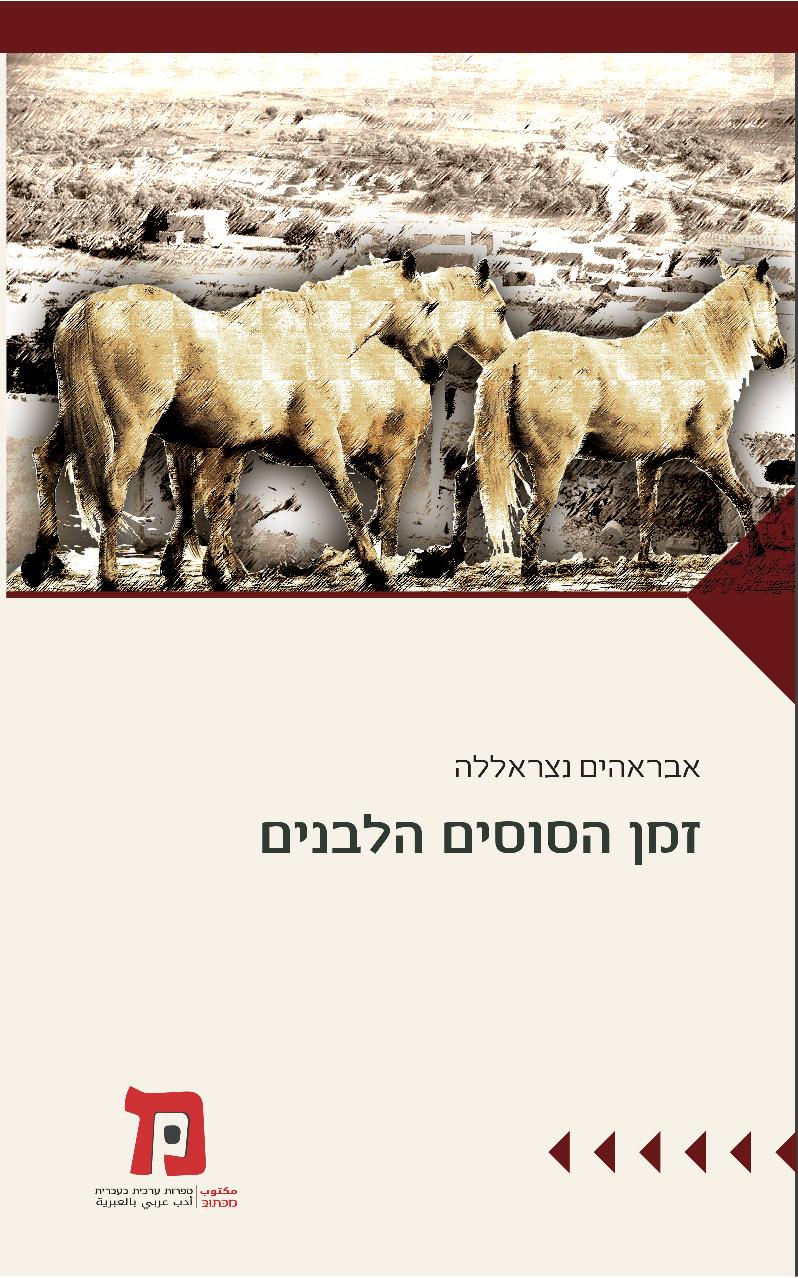

Time of White Horses
Ibrahim Nasrallah
“Aziza took off running madly after the military vehicle, but the dust that had closed in on the world quickly concealed it from view. It was like a ghost, and no sooner would part of it become visible than it would disappear again. However, she was sure that as she stood behind the door she had heard someone say, ‘Itʼs him,’ and that the person who had said it wasn’t British.”
Time of White Horses is a family saga spanning three generations, woven into a historical epos with many turns, from the end of the nineteenth century to the end of the British Mandate. Empires fall, rulers change, and bitter struggles take place between the Turks, the British, Jewish immigrants, and Palestinian leaders, city dwellers and villagers. All serve as a backdrop to the Palestinian Iliad, made up of horses that are created in a flurry of emotions, people who are born from the dust rising under the horses’ shod hooves, and stories orally transmitted from generation to generation. This is a powerful realistic novel about the real place and the fictional place that language, literature, and oral history make possible.
When Ibrahim Nasrallah started writing Time of White Horses, in 1985, he believed it would be the first of a series of novels titled “The Palestinian Comedy.” However, twenty years passed and four other novels were published before Nasrallah returned to this novel and completed it. Time of White Horses, which became the last in the series, is itself a trilogy, and sometimes it seems that it too is not yet completed.
Ibrahim Nasrallah (b. 1954 in the Al-Wehdat refugee camp in Amman) is a Palestinian-Jordanian novelist and poet whose family was uprooted in 1948 from its home in Al-Burayj, west of Jerusalem. His novels, including Birds of Caution, Eraser Child, Gaza Weddings, The Lanterns of the King of Galilee, Under the Midmorning Sun, and Kilimanjaro Spirit, have been translated into many languages. Time of White Horses is the first of his novels to appear in Hebrew.
Translator: Bruria Horvits | Translation Editor: Deema Darawsheh
Purchase